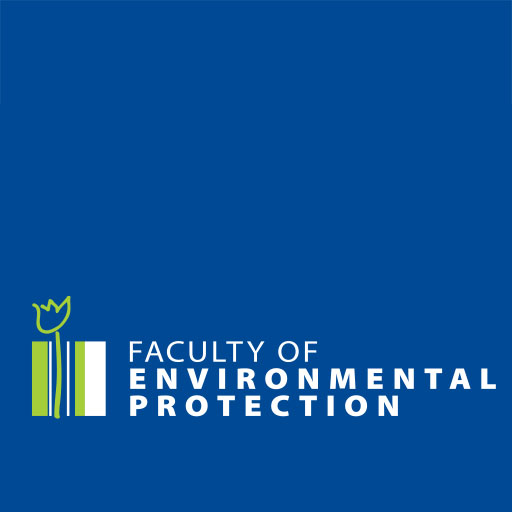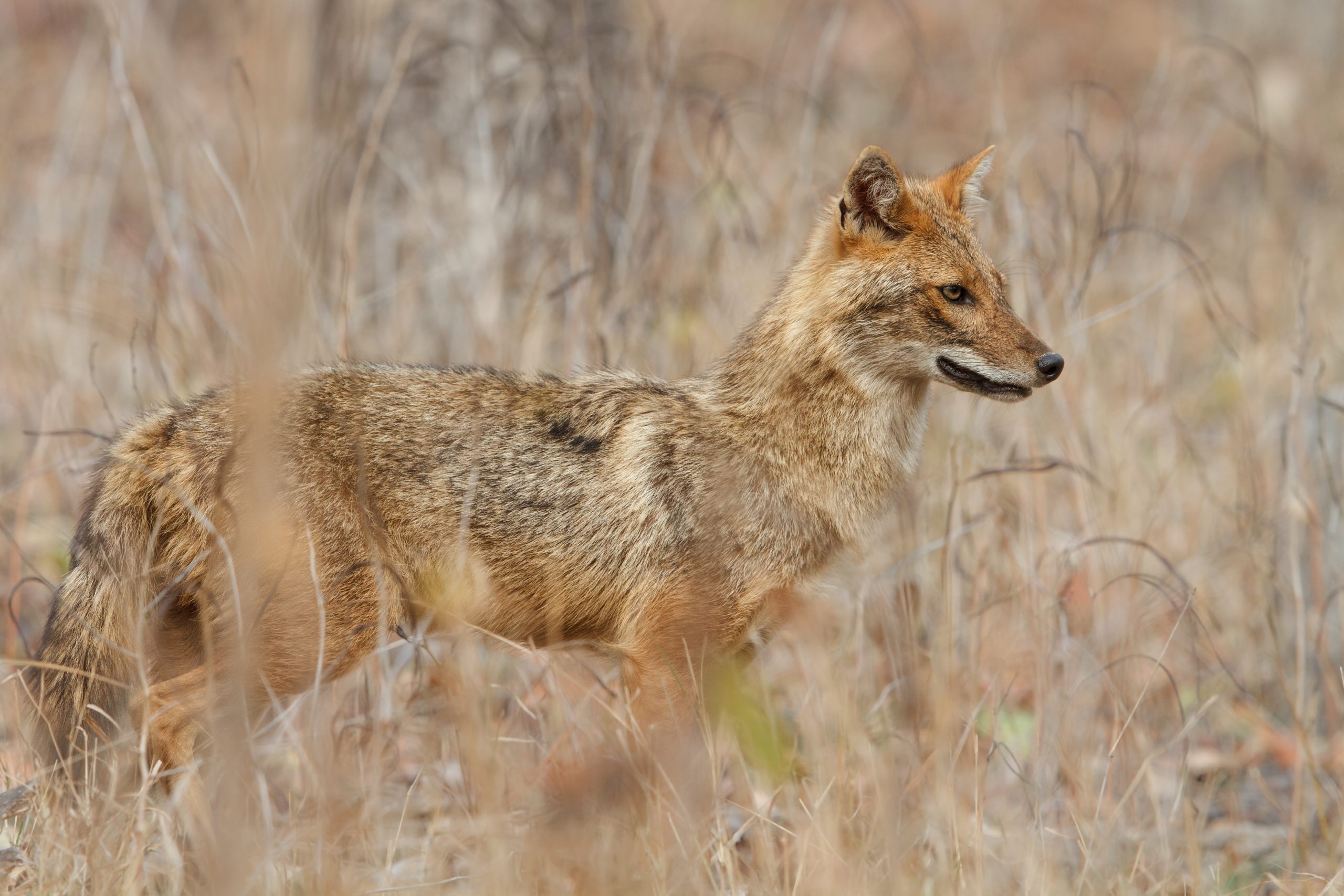Prof. Dr. Boštjan Pokorny and his co-authors published a paper entitled “Factors affecting hunting efficiency in the case of golden jackal” in the European Journal of Wildlife Research.
In recent decades, the abundance and spatial distribution of the Eurasian jackal (Canis aureus) has increased dramatically in many European countries, including Croatia and Slovenia. As a consequence, the number of contacts and conflicts with humans is increasing. Hunting or culling is one of the fundamental tools for population management; the aim of the study was therefore to investigate how different factors (e.g. habitat type, weather conditions) influence the success of individual hunting of jackals in a selected hunting area with a high population density of the species in the lowland part of Croatia. The authors found that weather conditions mainly influenced the effectiveness of male interference; hunting success was lower on rainy days and those with higher temperatures. The final conclusion of the study is that individual baiting is an effective tool for more intensive harvesting of jackals, which can consequently reduce conflicts with space users and contribute to a better public perception of the species.

